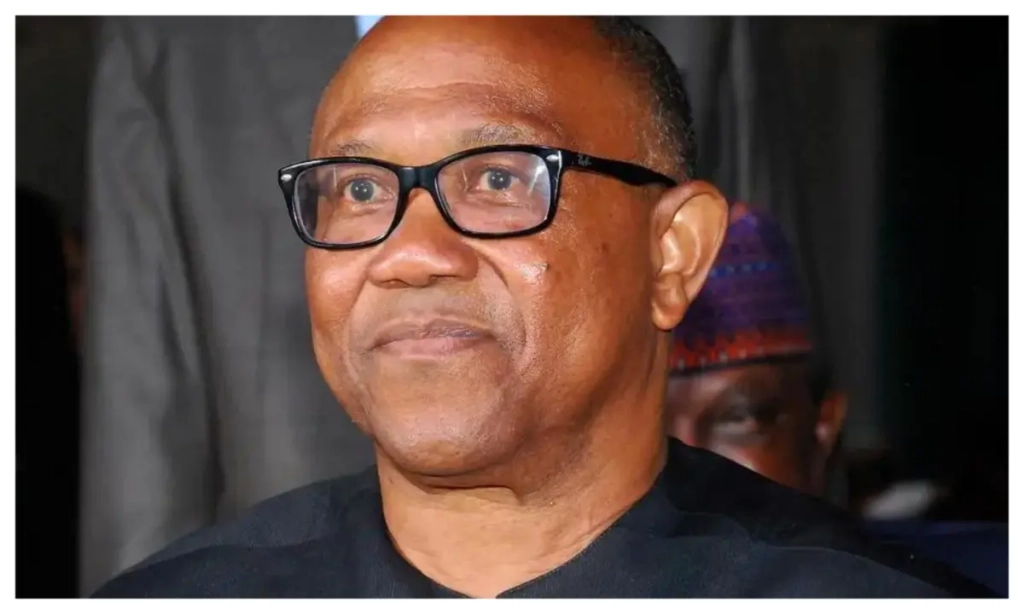Peter Obi, Nigeria’s former presidential candidate for the Labour Party, has doubled down on his pledge to serve a single four-year term if elected president in 2027, framing the promise as a non-negotiable commitment to ethical leadership. The vow, which challenges norms in a political landscape often marred by prolonged tenures and broken pledges, was reiterated in a statement on Sunday, where Obi invoked global icons like Nelson Mandela and John F. Kennedy to underscore his vision of service-driven governance.
“My one-term, four-year vow is sacrosanct,” Obi declared, addressing skepticism about his intentions. He emphasized that transformative leadership does not depend on extended time in office, citing Mandela’s single-term presidency in South Africa as a benchmark. “Mandela’s decision was a deliberate act of leadership—power must serve the people, not the self,” he said. The mention of Kennedy, whose brief presidency left a lasting legacy, further reinforced his argument that impact outweighs duration.
Critics of the pledge, Obi suggested, are projecting familiar patterns of political opportunism onto his candidacy. “They judge me by standards where promises are made to be broken,” he stated, alluding to Nigeria’s history of unmet political commitments. However, he stressed his governance record as a counterpoint, referencing his tenure as Anambra State governor from 2006 to 2014, marked by fiscal reforms and infrastructure investments.
The declaration arrives amid heightened scrutiny of accountability in Nigerian politics, where debates over term limits and leadership renewal have gained traction. Obi’s stance aligns with broader calls for transparency across Africa, a continent where some leaders have controversially extended their rule through constitutional amendments. His promise also taps into public frustration with career politicians prioritizing personal interests over national progress.
While Obi has not officially launched his 2027 campaign, the renewed vow signals a strategic effort to position himself as a reformer in a potential race dominated by established parties. Analysts note that his emphasis on legacy over longevity could resonate with younger voters seeking systemic change. Still, questions linger about the feasibility of such a pledge within Nigeria’s complex political machinery, where coalition-building often requires prolonged engagement.
Obi, however, remains steadfast. “Purposeful leadership doesn’t require an eternity,” he asserted, framing his term limit as a moral imperative rather than a political calculation. Whether this approach will galvanize support or face pushback in the lead-up to 2027 remains to be seen, but the statement has reignited discussions about the role of integrity in public service—a conversation with echoes far beyond Nigeria’s borders.
